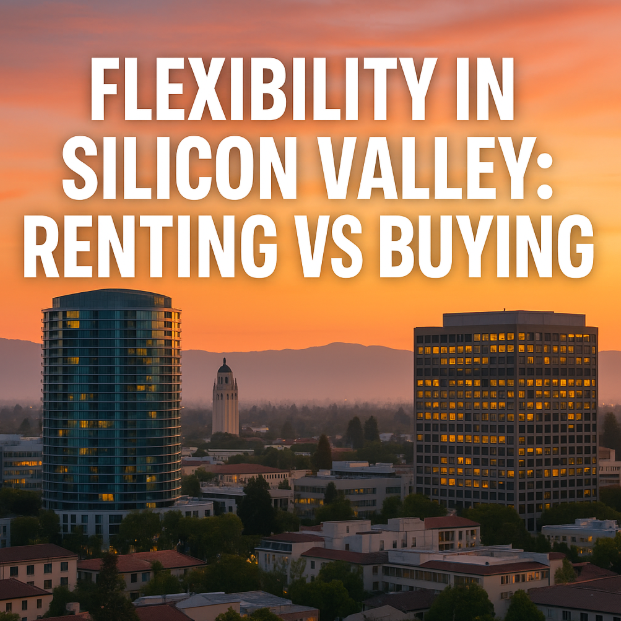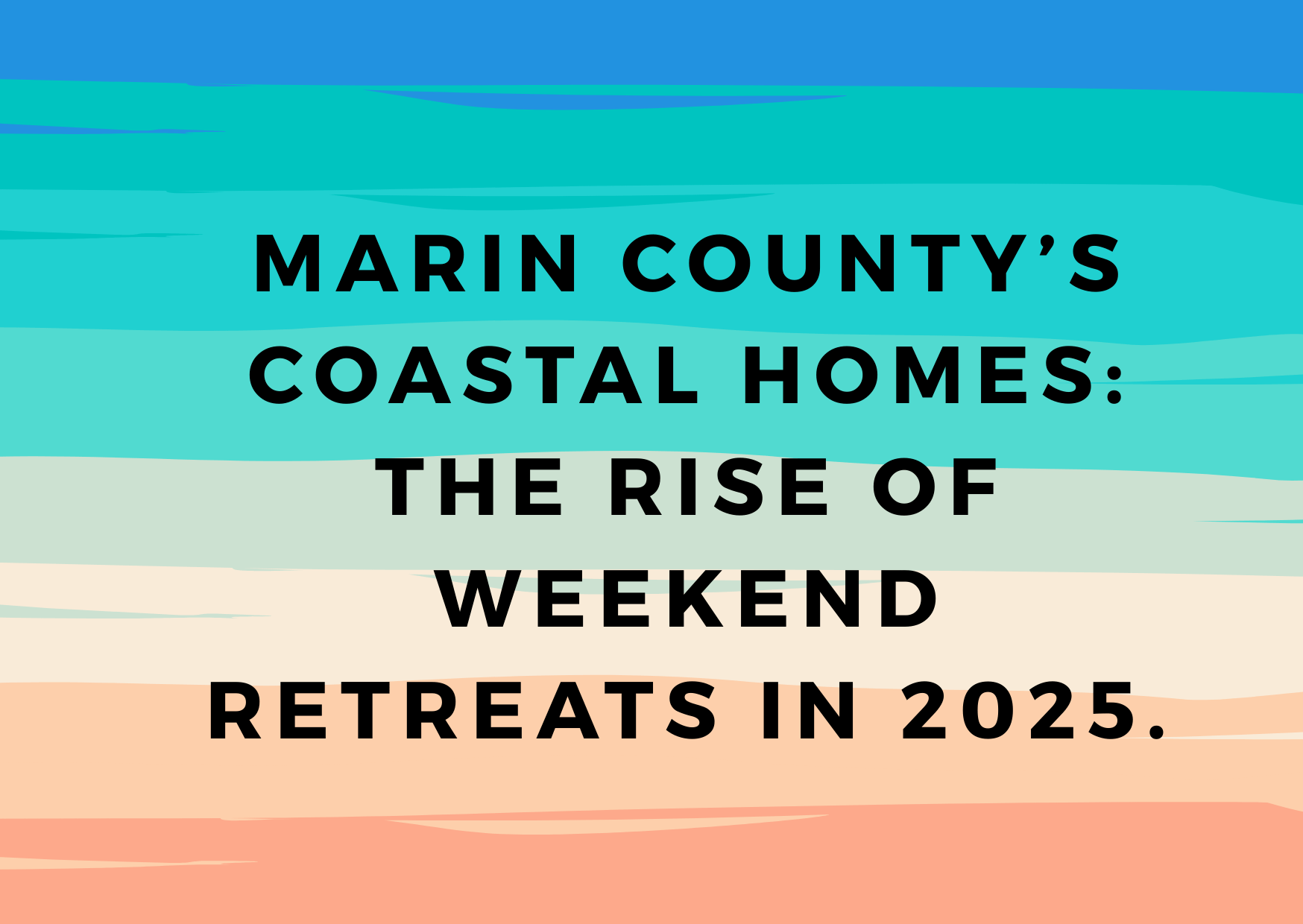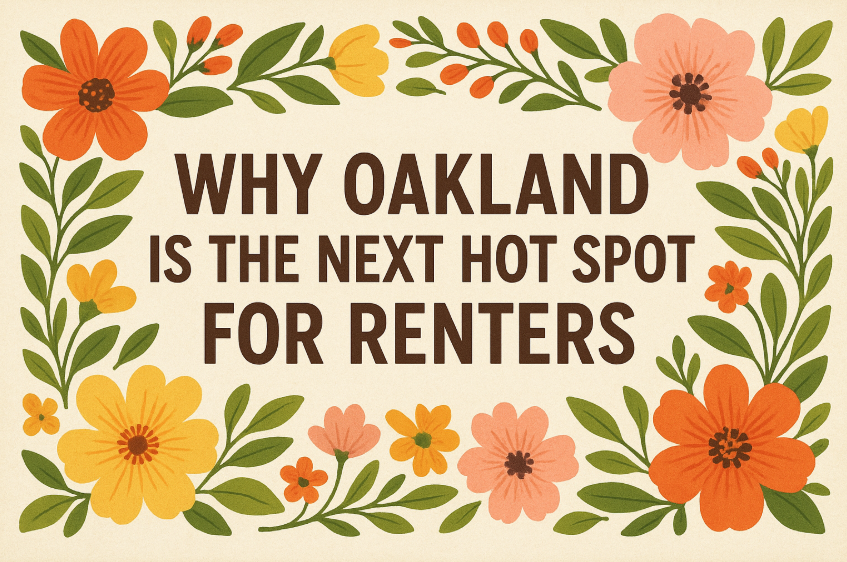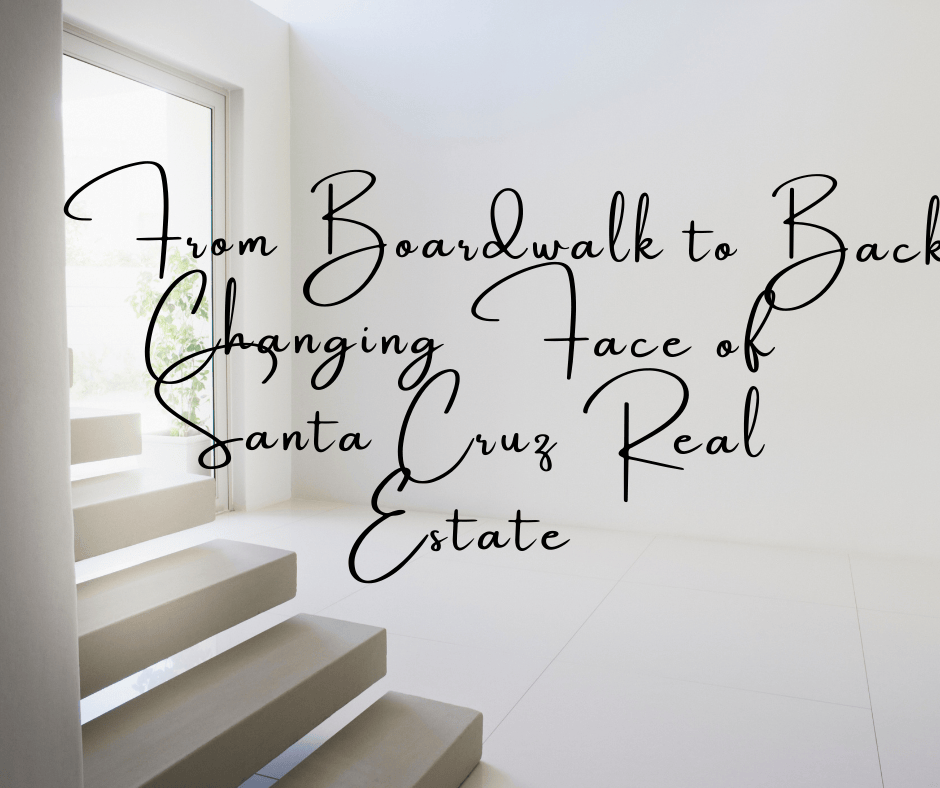Introduction to Flexibility in Silicon Valley.
Silicon Valley, home to global tech titans and countless startups, is one of the most sought after and expensive real estate markets in the United States. Known for its cutting edge innovation, high paying jobs, and competitive housing, Silicon Valley is a place where many people come for opportunity but stay for the lifestyle.
In this dynamic region, flexibility is essential. Job changes, new ventures, and shifting financial priorities all influence whether people choose to rent or buy. With median home prices exceeding $1.5 million and rental prices often north of $3,500/month for a one bedroom apartment, the decision to rent or buy isn’t just about finances, it’s about lifestyle, mobility, and long term goals.
So, which option offers more flexibility: renting or buying? Let’s explore both sides of this major decision.
The Pros of Renting in Silicon Valley.
Lower Upfront Costs.
Renting in Silicon Valley often means less financial commitment compared to buying. In most cases, you’ll only need:
- First and last month’s rent.
- Security deposit.
Compare that to buying a home, which often requires:
- A down payment of 10–20%.
- Closing costs.
- Property taxes and homeowners insurance.
- Home maintenance and repair reserves.
Renting provides a much lower barrier to entry, especially for newcomers, young professionals, or those not ready to commit large amounts of capital.
Greater Mobility
Silicon Valley’s job market is notoriously fluid. Tech professionals frequently switch jobs, startups close, and better opportunities pop up across different cities from Palo Alto to San Jose. Renting offers:
- Shorter lease terms, often 6–12 months.
- No need to sell property if you decide to move.
- Easier relocation if your job shifts to a different city or even a different state.
This flexibility is ideal for those in early career stages, contractors, or remote workers who may need to change locations quickly.
Fewer Maintenance Responsibilities.
Renters aren’t responsible for major repairs or maintenance costs. If your water heater breaks or the roof leaks, the landlord or property management company handles it. This peace of mind can be a big plus in a region where labor and materials are expensive.
The Advantages of Buying in Silicon Valley.
Investment Potential.
Real estate in Silicon Valley has a strong track record of appreciation. Over the past 10–15 years, property values in cities like Cupertino, Sunnyvale, and Mountain View have climbed dramatically. Buying a home here may provide:
- Equity building over time.
- Tax advantages.
- Potential to earn passive income if you rent part of your property.
Homeownership is still one of the most effective ways to build generational wealth, and Silicon Valley’s limited land supply and ongoing tech demand make it a resilient investment.
Stability and Control.
When you own your home, you’re in control of:
- The monthly mortgage.
- Design and renovation decisions.
- Long term residency.
For families, buying also means you can settle into a neighborhood, get involved with local schools, and avoid the instability of moving every couple of years. You can truly plant roots in the community.
Protection Against Rising Rents.
While rents tend to increase over time, especially in high demand areas, buying a home locks in your monthly payments for the life of the mortgage. In a place like Silicon Valley where rents can increase by 5–10% year over year this predictability is a major financial advantage.
Making the Decision: Rent or Buy.
Deciding between renting and buying in Silicon Valley isn’t just a financial equation, it’s a lifestyle decision. Below are some important considerations:
1. Career Plans and Duration of Stay.
- Rent if you’re planning to stay in the area for less than 3–5 years, or if your job location may change.
- Buy if you’re confident you’ll be in the area long term and want to build equity over time.
2. Financial Readiness.
- Rent if you’re still saving for a down payment or working on your credit.
- Buy if you’ve built sufficient savings, qualify for a mortgage, and have extra for property taxes, repairs, and emergencies.
3. Lifestyle and Preferences.
- Rent if you value convenience, don’t want to deal with maintenance, and prefer flexibility.
- Buy if you want autonomy over your space, freedom to renovate, and long term neighborhood stability.
4. Housing Market Trends in 2025.
In 2025, Silicon Valley real estate is experiencing slight price stabilization after the aggressive growth of the early 2020s. Mortgage rates remain in the 6–7% range, slightly lowering demand but still leaving inventory limited. The rental market is tight, with tech hiring ramping back up and younger buyers postponing ownership due to affordability challenges.
Thus, for some, renting is a smarter short term strategy especially if they are new to the area. For others, buying during a cooler market may offer negotiating power and less competition.
Cost Comparison: Rent vs. Buy in 2025.
| Location | Average Rent (2-BR) | Median Home Price | Estimated Mortgage (20% down, 6.5%) |
| Palo Alto | $4,500/month | $2.2M | $11,000/month |
| Sunnyvale | $3,900/month | $1.6M | $8,200/month |
| Mountain View | $4,200/month | $1.8M | $9,000/month |
| San Jose | $3,000/month | $1.2M | $6,100/month |
While monthly mortgage payments are significantly higher, remember that ownership builds equity, while rent does not. Yet, not everyone is ready to absorb the upfront and ongoing costs of homeownership especially when Silicon Valley rent still offers access to great jobs, schools, and neighborhoods without the long term commitment.
Conclusion
Renting and buying both offer valuable benefits but which one is right for you in Silicon Valley depends on your goals, timeline, and financial readiness.
Choose renting if:
- You’re in a transitional phase.
- You value flexibility and mobility.
- You don’t yet have enough savings for homeownership.
Choose buying if:
- You’re ready to plant roots.
- You want to build equity.
- You’re financially prepared for the long term investment.
In 2025’s dynamic market, flexibility is key but so is having a smart strategy. Whether you rent or buy, the most important thing is to make an informed decision that supports both your current lifestyle and future aspirations in one of the world’s most influential regions.
If you wanna dig deeper and learn about Renting vs Buying in Silicon Valley, These must be what you are looking for:-
Rent vs. Buy in Silicon Valley: Pros, Cons, and Expert Guidance – https://mccaffertyteam.com/blog/navigating-silicon-valleys-housing-market
Should You Buy or Rent in Silicon Valley? The Financial Breakdown You Need- https://www.mikedsells.com/buy-vs-rent-silicon-valley/
Cost of Living in Silicon Valley: What You Need to Know Before Moving in 2025- https://www.lisamlum.com/blog/cost-of-living-in-silicon-valley-what-you-need-to-know-before-moving-in-2025








Leave a Reply